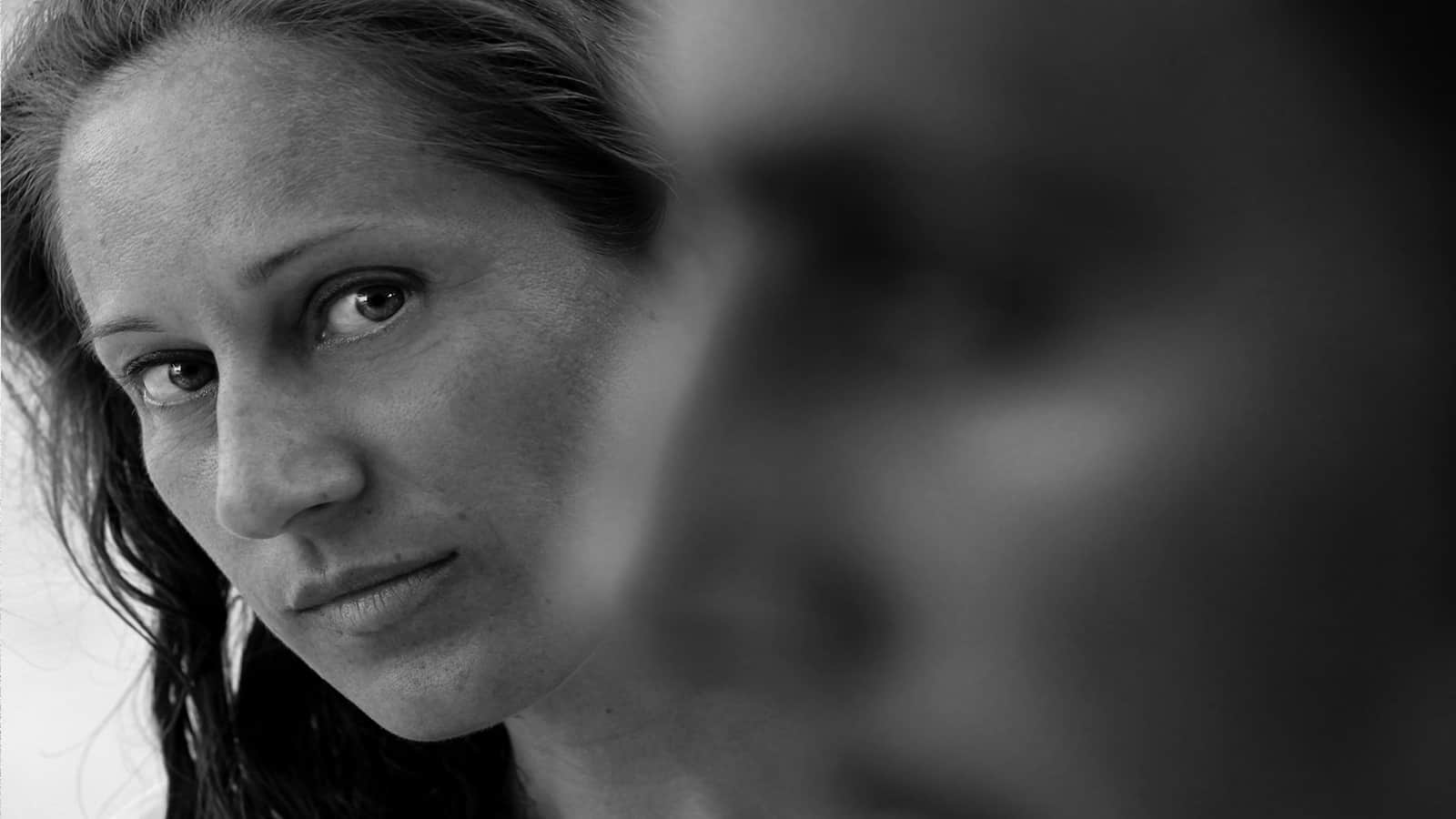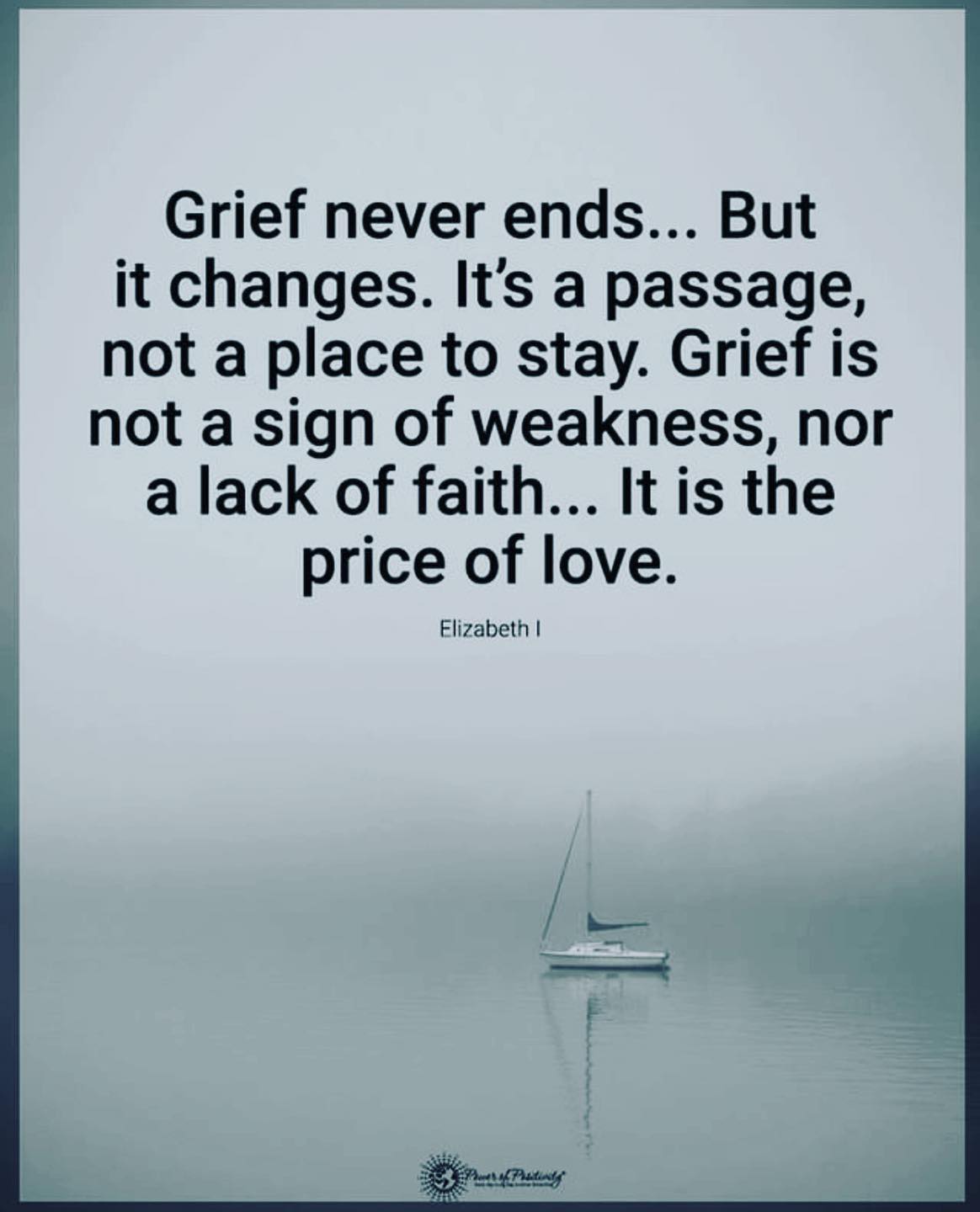Losing someone you love isn’t easy to overcome because love is the most potent emotion people can experience. And it takes many forms: eight, to be exact. The two most well-known types are philia (platonic love) and eros (romantic love). But, no matter which of the eight types of love you experience, they all have one thing in common. Love makes you feel warm and bubbly inside, but it also makes you afraid.
It creates such a strong connection that you can’t imagine your life without the ones you love. Even though that fear is justified, you need to learn to face it. At some point, you will have to lose someone you love. In the worst-case scenario, your loved ones pass away. But many things can bring people apart. People grow up and grow apart. They stop having something in common and seeing eye to eye.
Sometimes distance is a factor that catalyzes the loss of connection. Sometimes, you even have to choose to let go of someone consciously. Not all love is healthy and beneficial. Most times, love can be destructive. It can be toxic and ugly, and you’d both be better off apart. It would help if you learned how to recover after losing someone. Otherwise, that loss could destroy you.
Why Are People Afraid of Losing Someone They Love?
Often, the fear of losing someone begins in childhood. Most people experience losing a family pet or a distant relative. But others even have to deal with losing parents, grandparents, brothers, and sisters. Some kids are abandoned, others are orphaned. Most humans experience the loss of love at a very young age. This trauma can even develop because parents are abusive or neglectful. Obviously, this scars kids. They don’t understand what went wrong and where those loved ones left.
Some are too young to understand what death means. And even wrapping your head around the fact that your mother left is almost impossible. These experiences create trauma responses in the future. You know how painful loss hurts, so you never want to experience it again. Instead of understanding that losing someone is inevitable, people start feeling disconnected. Many times, they even blame themselves for the loss. Or, on the flip side, they might begin victimizing and blaming others.
Fear makes people act in crazy ways. And it makes them more likely to develop unhealthy attachment styles. If you are afraid of losing a partner, chances are you will do anything to keep them around. Even if that’s toxic for the both of you. Or, if you are afraid of being betrayed by a friend, you might choose to close off. You might refuse to form new connections, and you’ll probably find it hard to trust new people. Most times, the trauma responses aren’t quite as obvious. The fear is more likely to show in subtler ways.
Being a little clingy or having some unrealistic demands doesn’t seem like the world’s end. But these behaviors are probably rooted in more profound issues. Even though you might not think you are afraid of losing people, it’s still better to learn to deal with loss either way. If left unresolved, these issues can affect all of your relationships. You might start pushing people away to protect yourself. And, one day, you could wake up and realize you’ve alienated everyone.
You risk not starting a new friendship or partnership not because you don’t like that person. But because you automatically assume that everyone would betray you at some point. Missing out on social interaction and meaningful relationships will affect your mental health. It will make you lonelier, more anxious or depressed, and generally unhappier. And it can even affect your physical health in the long run. So, if you want to avoid all these risks, you need to learn how to deal with losing someone you love.
3 Ways to Face Your Fear of Losing Someone You Love
Try adopting these habits help you overcome the fear of losing someone.
1. Learn To Make Yourself Happy
The main reason why people are afraid of losing someone they love is that they don’t know how to go on without them. Whenever people start loving someone, they create a special place in their life for that person. And that’s natural and can even be a good thing. But there’s a fine line between making room for someone and becoming dependent on that person.
Humans rely so much on other people, making them happy, that their well-being starts tied to the presence of certain people. It’s good to allow people to bring you happiness, but you also need to learn to make yourself happy. Overcoming loss is difficult, no matter how mentally prepared you are for it. That’s what emotions do to a person. All love comes with suffering. But people can get over the heartache. In time, the pain goes away.
But fear is something that lingers. Not only that, but fear makes you suffer before you even lose someone. Because many people don’t know how to be fulfilled alone, they are terrified of what they will feel if they lose someone. What you can do to avoid this overwhelming fear is learn to love yourself and make yourself happy. That way, you can learn to be independent while still being able to nurture connections. Spend more time alone doing activities that you like. Take some time to relax and meditate.
Doing little things for yourself every day will teach you how to love yourself without anyone’s help. You’ll see that you can be alright even when you are alone. Instead of being afraid of being alone, you can start embracing that idea. That doesn’t mean you’ll want to be alone. You’ll still want to connect to others. But the loss will not scare you anymore because you’ll know you’ll pull yourself together. The loss of a loved one will still hurt, but you won’t feel dread before it even happens.

2. Focus On What’s in Your Control
The fear of loss makes people feel the need to control everything around them. In this wild attempt to stop the loss from happening, many become control freaks. They exhibit toxic behaviors which hurt them and the surrounding people. For example, people who have family members suffering from terminal illnesses will decide without consulting the ill. They will often push the sick person into trying many experimental medicines and treatments.
Even if the ill person would rather stay at home, surrounded by loved ones, they get stuck in hospitals. Obviously, the family has all the best intentions. But they end up hurting the person they’re trying to help. And that’s all because they are afraid and don’t know how to cope. This example is somewhat extreme, but it highlights how much you can hurt people when you’re holding on to them at all costs.
But these controlling behaviors can also mean isolating someone so that they depend on you, thus ensuring they don’t leave. Fear can even make you isolate yourself to ensure that you have no one to lose. If you want to lose this fear and outgrow the toxic behaviors, you need to focus on controlling only what you can. Don’t try to stop the inevitable from happening and let the future unfold as it should.
What you can focus on is what you can do without overstepping any boundaries. You can start solving the problems you see in your relationships. Do your part to be a better person and stop hurting others or pushing them away. But don’t try to control what they do. Focus on having a plan for the future that doesn’t revolve around them, so you can always have a safety net. Work on yourself, and everything will fall into place.
3. Talk About Your Fears
Fear isn’t always irrational. Sometimes, it’s a reaction to someone’s behavior or the situation you find yourself in. When you find out that someone is ill, it’s a normal reaction to be afraid of the thought of losing them. When your partner acts distant and cold, it’s reasonable to think they might want to leave. No matter the case, talking about your fears with others can be beneficial. And, if the loss can be prevented, open communication could be the key to doing so.
If the cause of the potential loss is health issues, then there’s not much you can do to prevent the loss. You can offer your support, but it’s not your decision or theirs whether the loss happens. Still, talking to them about your fears can give you closure. If you don’t feel you can do that, talk to friends and family about your feelings. You can get some worries off your chest, and the people you speak to can console you.
When it comes to other types of losses, like a breakup, that’s something that you or they can prevent. In those cases, talking to them about your feelings can help you solve the issues that divide you. And, if you feel like talking won’t do you any good, you can still talk to someone else. Again, a friend or family member will offer to listen to you if you need to speak. When dealing with fear, you can even talk to a therapist, as they might help you more than anyone else could.
Final Thoughts on Ways to Face Your Fear of Losing Someone You Love
The idea of losing someone can be one of the scariest things to deal with. Loss makes you suffer, makes you feel alone, and leaves you feeling disconnected. This fear is also rooted in childhood trauma, and it often lingers throughout your whole life. It can make you develop unhealthy or toxic behaviors.
So, if you want to be able to cherish your connections without being overwhelmed by fear, you need to face them. One of the first things you can focus on is trying to become more independent. Learn to make yourself happy so that you don’t rely on others to feel content. This way, you can learn to live alone, and loss will not seem as scary. Also, it would help if you stopped being a control freak. If someone wants to leave, let them go. Focus on what you can control.
If your behavior is the one that causes issues, fix it. But don’t try to make someone change if they don’t want to. Lastly, you need to make sure that you talk about your fears. Talk to friends, family, or even a therapist. Loss is inevitable, so don’t let fear taint your present connections.




















